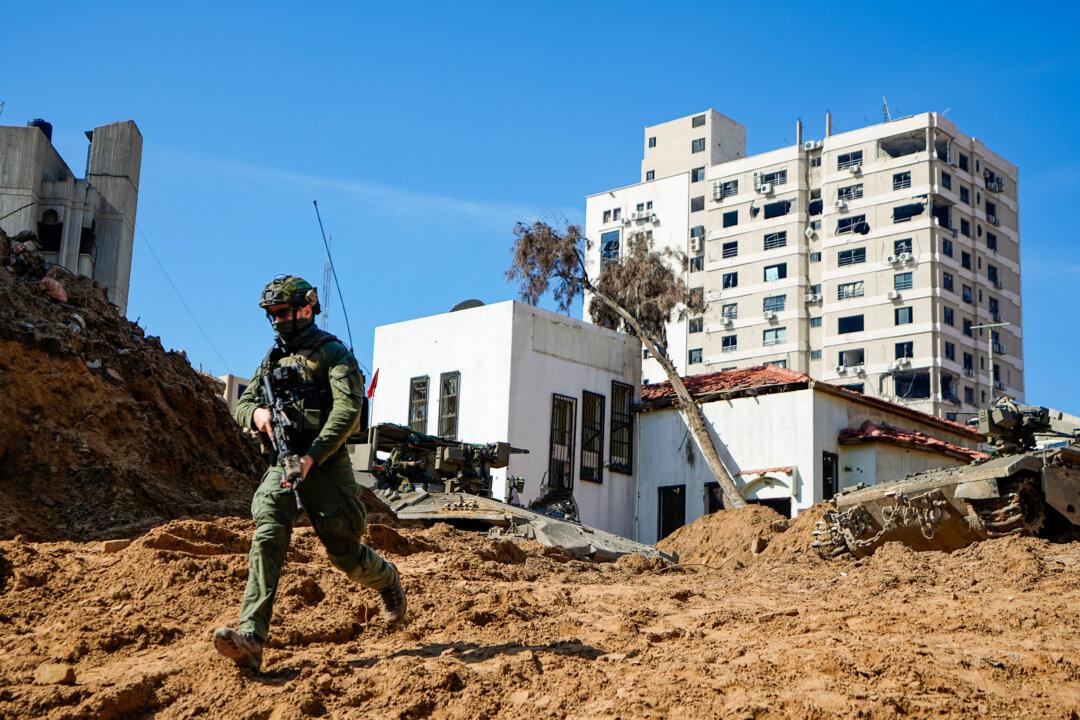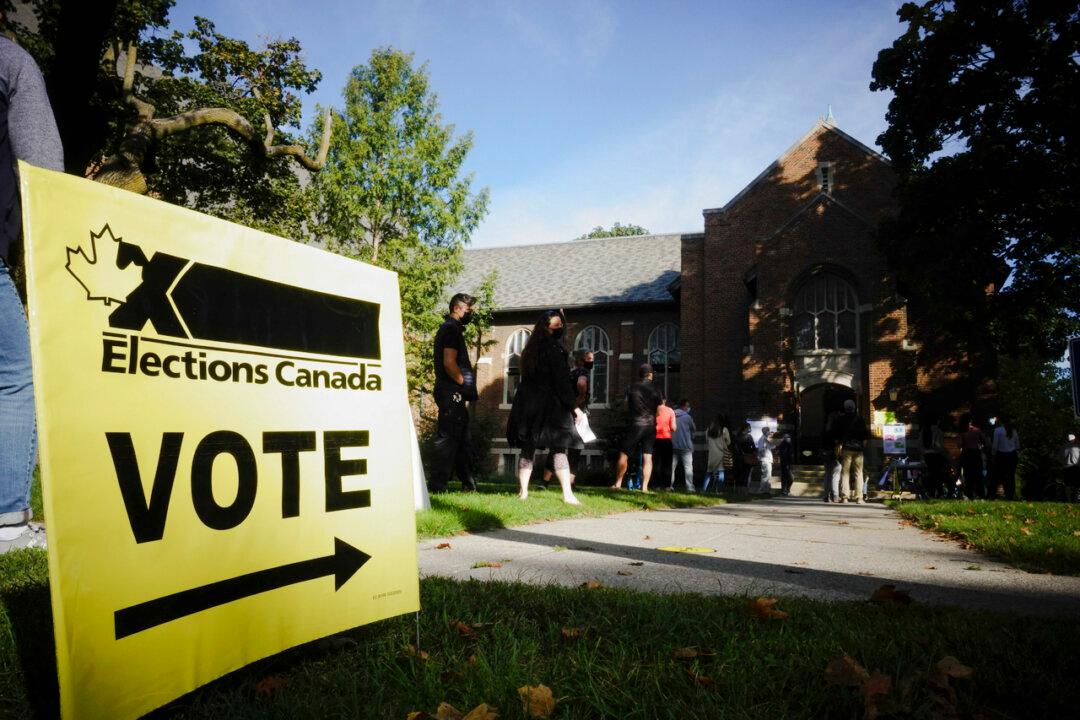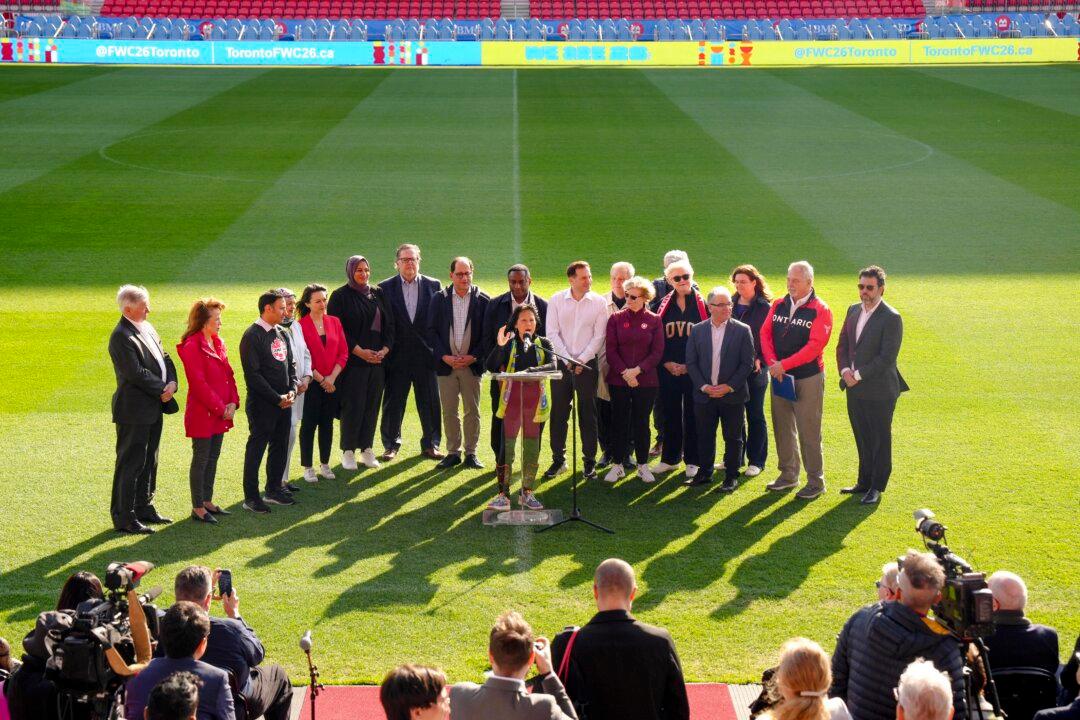Commentary
The United Nations, like its predecessor, the League of Nations, was once regarded as a noble institution. A place where different countries could discuss and debate everything from political disputes to wars and military skirmishes. While there would obviously be points of agreement and disagreement, the main goal was to find a path to peace, security, and a safer world for all of us to live in.





